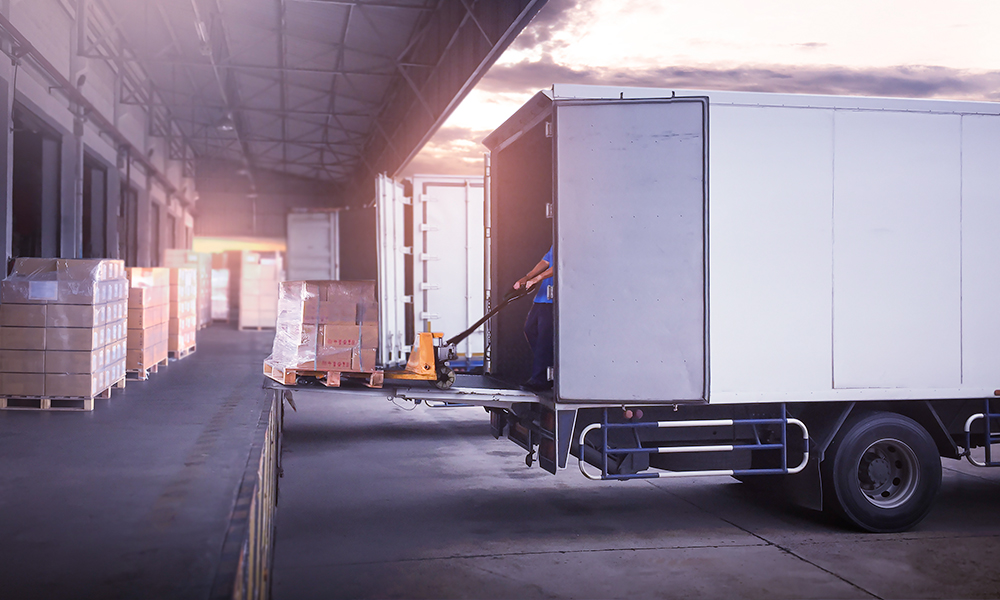The reform, aimed at improving the sustainability of the road transport of goods and functioning of the logistics chain, passed in March 2022 as a result of the protests by truck drivers, includes measures such as those preventing drivers from carrying out loading and unloading work. This means that the companies that contract carirers and those that receive goods will now have to have their own staff for loading and unloading, with all the implications.
The road transport of goods is currently under the spotlight given that, despite the reform passed in the month of March 2022, subsequently amended on two occasions, all the claims of the sector have not been resolved and a part of such sector continues to claim compliance with the regulations passed, to avoid working at a loss.
Although the price of fuel and lack of margins was the most discussed reason for protest in the sector, which gave way to the reform, it was not the only one. Another of the reasons behind the reform was the lack of professional drivers, not only in Spain but also in neighboring countries. The reasons for this lack of drivers include the difficult conditions of the profession, which make it somewhat unattractive: for example, the participation of drivers in the loading and unloading of the trucks, which, in turn, reduces the number of women in the business.
Although the price of fuel and lack of margins was the most discussed reason for protest in the sector, which gave way to the reform, it was not the only one. Another of the reasons behind the reform was the lack of professional drivers, not only in Spain but also in neighboring countries. The reasons for this lack include the difficult conditions of the profession, which make it unattractive: for example, the participation of drivers in the loading and unloading of the trucks, which, in turn, reduces the number of women in the business.
In an attempt to resolve the problem, the reform of March 2022 amended certain regulations (such as Law 16/1987, of July 30, 1987 on the Organization of Road Transport and Law 15/2009, of November 11, 2009 on the road carriage of goods contract, amongst others, to ensure that loading and unloading cease to be tasks performed by the driver, transferring them to loaders and recipients. In certain cases, this has been achieved by means of an absolute prohibition and, in others, by a presumption that they cannot be carried out by the driver, unless the carriage contract specifically states so and the agreed price.
The measure, however, which entered into force in September 2022, not only affects carrier companies, but also means a major change for all companies that, in one way or another, either because they receive raw materials or other types of supplies or send their finished products by road, depend on road transport, as loaders and recipients.
Many companies have therefore seen how a legislative change in the transport sector directly interferes in their business organization.
Bearing in mind that, in certain cases, the loading of a truck by the driver is now prohibited (drivers of vehicles carrying goods of more than 7.5 tons of maximum authorized weight, cannot take part in loading or unloading operations of goods, nor their supports, packaging, containers or cages, except in certain specific cases included in additional provision thirteen of Law 16/1987), this function must be entirely performed by the loading companies or recipients. Some would have to contract specific staff and others assign new functions to their existing staff, determining in each case whether it is necessary to change the working conditions and if it is a material change, it will be necessary to negotiate with the workers themselves or their legal representatives and to remunerate it independently or consider it included in the rate of remuneration already received.
From an occupational risk prevention perspective, the possible risks of the new function would have to be analyzed, with certain very specific risks against which it would be necessary to train and inform staff, as well as provide protective equipment.
Stowage and handling
However, not only the tasks of loading and unloading have been modified, legislation now includes a specific provision on stowage and handling, in other words, the operations of distributing weight and, if applicable, the mooring and locking of the cargo on the truck, that was always considered the responsibility of the carrier.
Strangely, the regulation specifically determines that the operations of stowage and handling of the cargo are also the responsibility of the loader or recipient, unless expressly undertaken by the carrier.
If the entrusting of loading and unloading to the workers of any industry could involve a major change for companies, even more so will storage and handling, in the knowledge that suitable storage depends not only on the safety of the cargo, but also of the vehicle itself and even the driver.
A new horizon is therefore opened up of different functions and agreements in the prevention of occupational risks and of new and major responsibilities for workers and, of course, their employers.
A horizon on which loading companies and recipients of goods transported by road will have a new challenge, that of combining the rights of carriers with those of their own personnel and, in the end, without heavily increasing costs.






